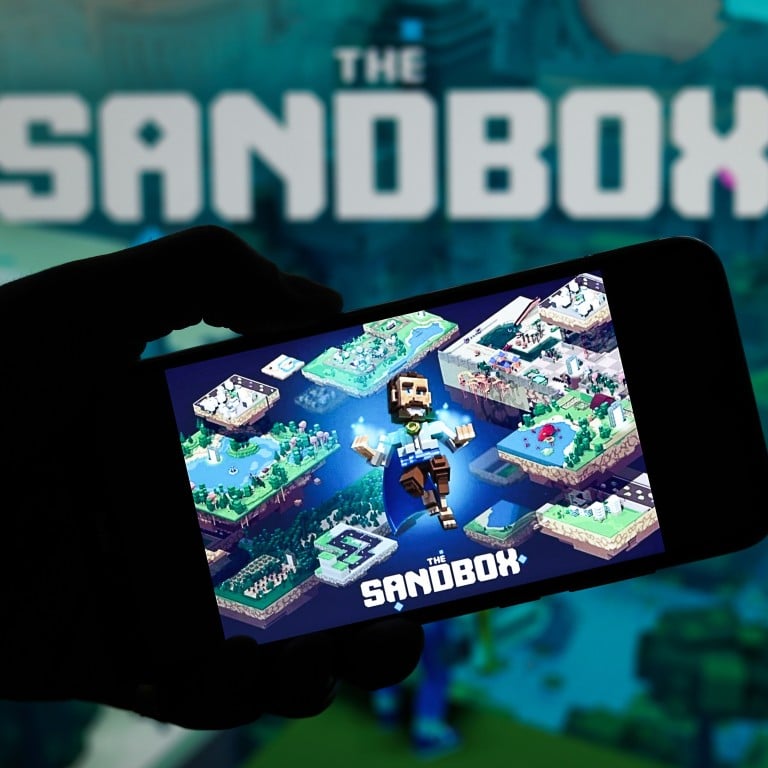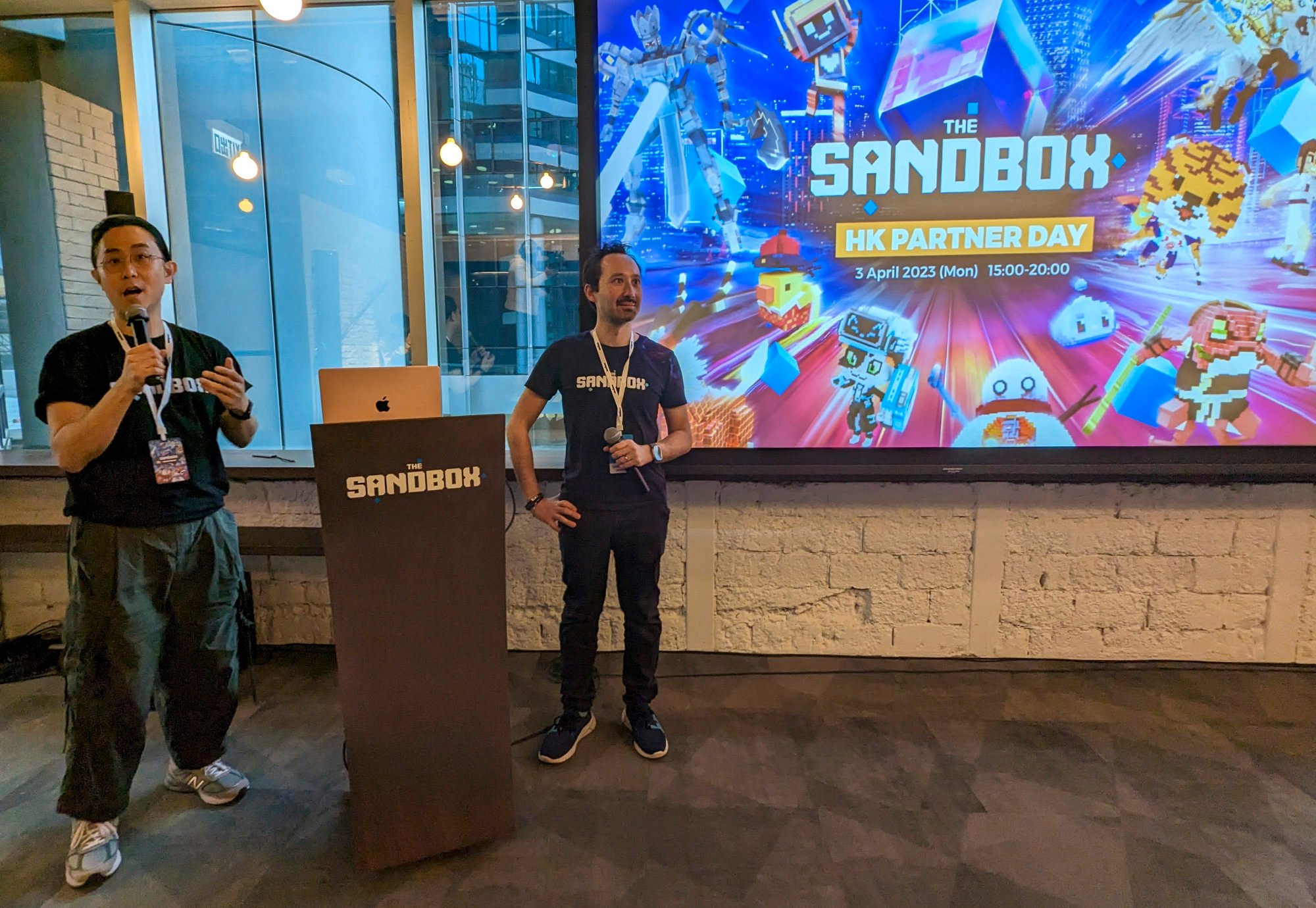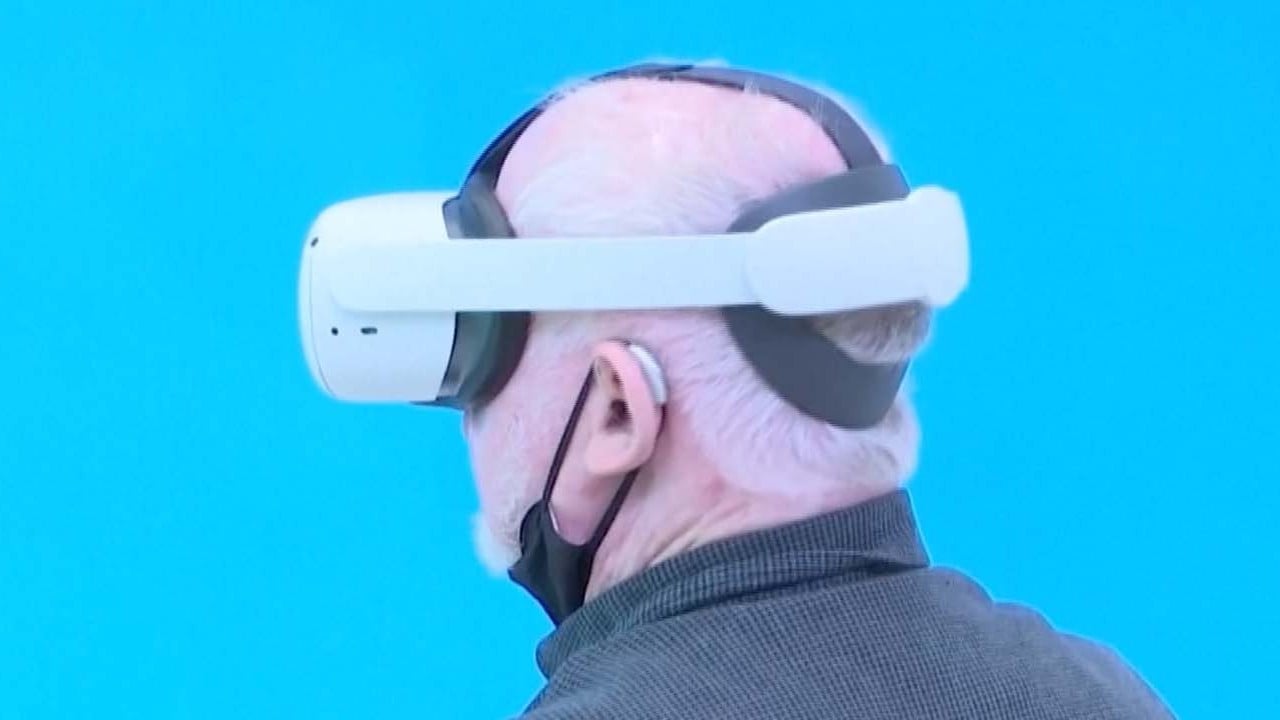
Animoca’s Sandbox metaverse expands in Hong Kong with educational partnerships as it looks for growth amid fizzling hype
- Hong Kong University of Science and Technology and Hong Kong Design Institute have bought land and are planning virtual experiences in The Sandbox
- Hong Kong’s leading metaverse platform says all land will be sold out by 2026, when it will rely on secondary sales and user-generated content for revenue
The Sandbox, the metaverse platform owned by crypto gaming company Animoca Brands, has partnered with two higher education institutions in its home city of Hong Kong, as it prepares for its next phase of growth amid declining cryptocurrency valuations and hype around virtual worlds.
Hong Kong University of Science and Technology (HKUST) and Hong Kong Design Institute (HKDI) are two of the new partners joining The Sandbox’s Mega City 3, which is set to launch at the end of the month, company chief operating officer Sebastien Borget said during an event in Quarry Bay on Monday. The schools have signed memorandums of understanding with The Sandbox, with HKDI holding a signing ceremony at its campus in Tseung Kwan O on Tuesday.
The latest Mega City will focus more on education, according to the company, and the schools will use new land purchased in the virtual space to educate people about the metaverse. Among the programmes being developed are a virtual graduation ceremony for HKDI and various scientific programmes and gaming experiences at HKUST. The Sandbox will also conduct seminars and workshops with students at each school, the company said.
“We’re a platform that provides a lot of creative possibilities. Connecting with some of those major institutions that are educating about design or technology … and recognise The Sandbox as the tool for that purpose is, in our opinion, significant and proves the forward-thinking aspect of Hong Kong versus other regions of the world,” Borget said.

The new partnerships and upcoming Mega City 3 launch comes ahead of an anticipated opening up of the platform, which the company said will happen in the third quarter, to allow anyone to participate in any experience at any time. The Sandbox has until now limited gameplay to “seasons”, with three having concluded so far, as the company worked to improve the technology. When the platform completely opens up later this year, anyone will be free to self-publish content without any involvement from the company.
By its own account, The Sandbox remains the leading virtual land platform, with 23,500 landowners, 4.6 million accounts and more than 400 partners globally. Still, the floor price of the company’s Land NFTs are down 84 per cent to about 0.62 ether (US$1,130) from a peak of 3.9 ether in February 2022, according to CoinGecko.
Borget said the platform was not affected heavily by the so-called crypto winter that pushed down valuations, including for the value of its Sand token. In some ways, the market correction was a good thing, he said.
“Sales are up, land sells out,” Borget said. “There is demand because there is a concrete utility behind [it].”
The Sandbox launches new season as metaverse land prices plunge
With revenue of US$100 million to US$200 million last year – Borget declined to give a specific revenue figure – The Sandbox is preparing for a future when it will no longer rely almost entirely on primary land sales for funding. The company is planning to have all of its virtual land sold by 2026, by which point it will survive based on the cut it takes from secondary land sales and user-generated content on the platform. The company expects user numbers to continue growing, aided by a new mobile app also expected next year.
During the presentation, Borget noted that The Sandbox has more than 450 people working in nine locations around the world, but he did not discuss expansion prospects for the year. The Sandbox “needs to have even more engineers”, he said, but alluded to the troubles facing the rest of the tech industry, which has cut tens of thousands of jobs around the world.
“I think it’s important as a company to look at how you remain efficient,” Borget said. “We are looking at staying the most efficient as possible in our operation and focus on the tech side.” He also emphasised that The Sandbox has not announced any downsizing, despite job cuts of 20 to 30 per cent for the rest of the industry.


